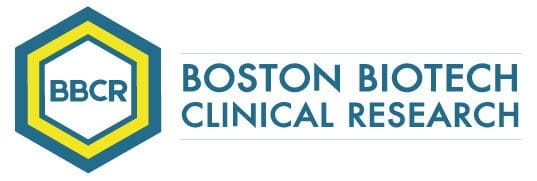Biologics
Testing the Immune Response for Safety and Efficacy
In the last 35 years, advances in biotechnology have enabled the synthesis of proteins in living cells using recombinant DNA technology. In addition to peptides and antibodies, biologics include Nucleic acid-based therapies (e.g., RNAi, gene therapy, gene editing) and Cellular and tissue therapies (e.g., CAR T cell therapy, allogeneic transplants).
Biologics display distinct ADME characteristics. One developmental challenge is the elimination of the proteins, which correlates directly with the high-affinity receptor binding efficiency.
The potential for immunogenicity represents another developmental challenge. Biologics’ large size and physiochemical characteristics can induce an immunological response and severe adverse effects.
In addition, a unique developmental challenge may manifest with more complex molecular constructs (e.g., antibody-drug conjugates, bispecific or modified proteins) or novel delivery routes. They do, however, prospectively and effectively address these challenges with a specific developmental strategy.
